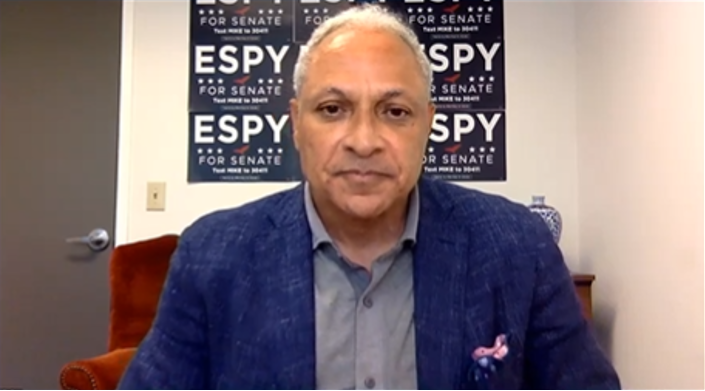Members of Democratic Caucuses Call to Modernize Broadband for Rural and Tribal Lands
August 19, 2020 — Members of the Rural Caucus and the Native American Caucus of the Democratic Party made calls for modernizing broadband and energy infrastructure during caucus meetings on Tuesday. As part of the Democratic National Convention, members of the Rural Caucus opened their meeting by ob

August 19, 2020 — Members of the Rural Caucus and the Native American Caucus of the Democratic Party made calls for modernizing broadband and energy infrastructure during caucus meetings on Tuesday.
As part of the Democratic National Convention, members of the Rural Caucus opened their meeting by observing the limited digital capacity of rural and native lands, and the lasting toll that the existing absence of modern infrastructure stands to have on education, economic development, and access to healthcare.
Receiving a competitive education today requires that all students have broadband access at home.
Yet “many rural students are forced to go to the library or a nearby community college in order to have internet access,” detailed Rep. Cheri Bustos, D-Illinois, arguing that the lengths rural students must go to just to complete their homework are extreme.
“It is crucial we pay attention to what rural families need, especially when it comes to early childhood education,” she said.
Participants highlighted that lacking modernized infrastructure has led to the economic decline of rural regions.
“Rooted in this decay is the decline of rural hospitals,” said former Agriculture Secretary Mike Espy. Espy, who served in Congress from 1987 to 1993 before joining the cabinet of President Bill Clinton, is currently running for Senate in Mississippi.
“Rural hospitals form the core of the economic viability for rural towns,” said Espy, yet in rural regions hospitals are closing at drastic rates.
“We lost 130 rural hospitals in Mississippi in the past 10 years,” he said, making the economic and telehealth benefits of universal broadband access all the more crucial.
Sen. Doug Jones, D-Ala., recently introduced the ACCESS BROADBAND Act, which aims to modernize broadband infrastructure by streamlining processes for local businesses to access federal broadband resources.
Jones said that Democratic presidential nominee Joe Biden’s proposed clean energy infrastructure policy is the kind of plan that can bring people together.
Members of the Native American Caucus, which took to the virtual stage shortly after the Rural Caucus, further realized the revitalizing power of an infrastructure bill proposed by Biden .
The bill would expand broadband infrastructure to all rural individuals, in an attempt to reckon with the fact that millions of households are currently locked out of an economy, that is increasingly reliant on digital collaboration.
Native American residents of tribal lands across the U.S. have less access to broadband internet. According to new research from Broadband Now, only 82 percent of residents in tribal zip codes have broadband internet access, compared to 94 percent of non-tribal residents.
Modernized broadband infrastructure is also necessary to leverage the next generation opportunities offered by smart grid and clean infrastructure.










